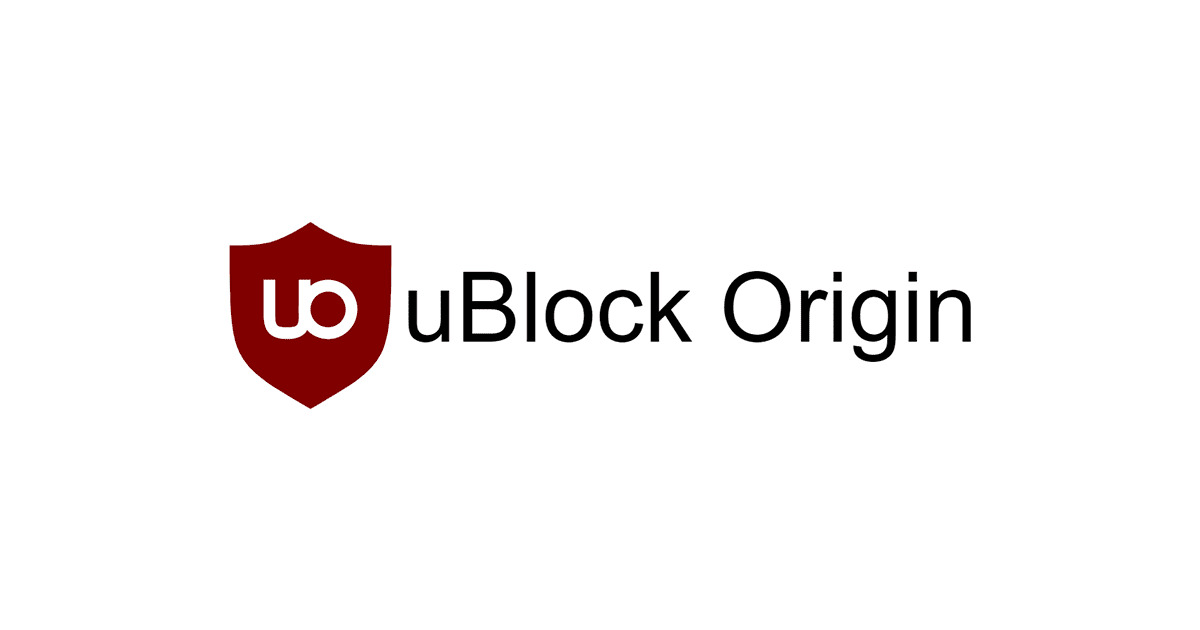The Chrome browser, widely used on the internet, has seen a significant shift in its extension policy with the transition from the Manifest V2 to the Manifest V3 framework. This change, intended to enhance the safety, efficiency, and compliance of browser add-ons, is causing concern for users and developers alike.
Despite the aim to modernize, this update is expected to impact popular ad blockers, such as uBlock Origin, which has a large user base and is known for its effective ad-blocking capabilities.
Google, as the leading global advertising company, is particularly interested in these changes. The policy updates are seen as a response to the growing use of ad blockers, which affects Google’s advertising revenue.
Even though the shift to Manifest V3 is promoted as a measure to improve browser security and performance, it also limits functionalities that many complex extensions rely on, including those used for ad blocking.

Chrome’s Shift to Manifest V3 Affects Ad Blockers Like uBlock Origin, Spark Concerns
uBlock Origin, one of the most popular ad-blocking tools with over 30 million users on Chrome, is directly affected by this change. While it continues to work for now, future Chrome updates will disable it by default, requiring users to manually re-enable it for a limited time. Eventually, users will need to find alternative ad blockers or consider switching to different browsers if they wish to continue using effective ad-blocking tools.
To address this, the developer of uBlock Origin, Raymond Hill, has introduced uBlock Origin Lite, a Manifest V3-compliant version. While uBlock Origin Lite maintains the core ad-blocking functions, it lacks some advanced features and is less effective against anti-ad-blocking systems.
Hill has stated that uBlock Origin Lite should not be viewed as a direct replacement for the original uBlock Origin, emphasizing that users will need to choose a suitable alternative based on their needs.
Google’s push towards Manifest V3 may not solely be about rendering ad blockers obsolete, but it coincides with other controversial moves, such as abandoning efforts to replace tracking cookies and attempting to bypass ad blockers on YouTube.
This broader context of Google’s advertising strategy suggests that the changes in Chrome’s extension policies are part of a larger trend in the company’s approach to online advertising and user tracking.









































